Embrace Your Inner Strength: Insights from Emerson's Self-Reliance
Written on
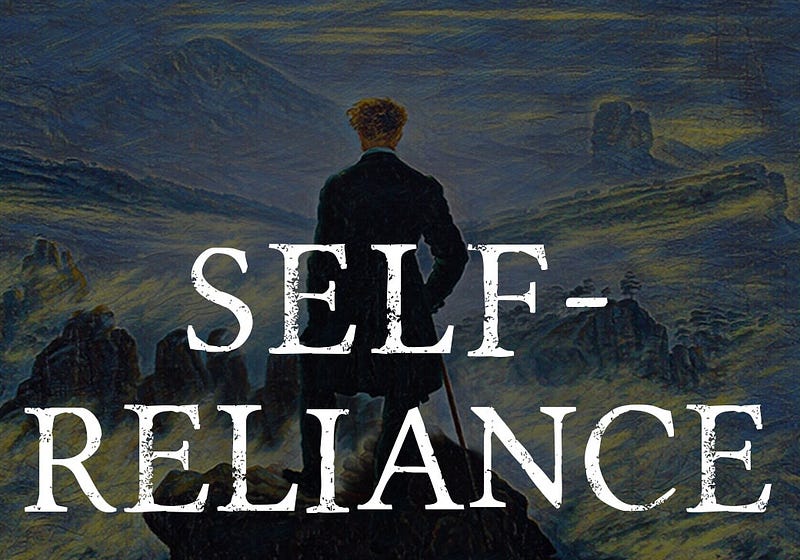
Emerson’s essay Self-Reliance was among the first philosophical works I encountered, leaving a profound impact on my life. I stumbled upon it during my teenage years, a pivotal time filled with significant decisions. This essay instilled in me the confidence to aspire for greater dreams than I previously thought possible.
It has been a while since I revisited this masterpiece, and upon reading it again recently, I was once again struck by its brilliance. If you haven't yet delved into it, I highly recommend taking a moment to explore the introductory paragraphs (link to the full essay).
Reading it today, I can clearly see its influence on my perspective and personal growth. Although I don’t often think about it, certain phrases occasionally resurface in my mind, much like how contemporary Europeans might overlook Ancient Greek philosophy, yet still feel its lingering effects in their lives.
This reading has reignited my inspiration. The essence of what I term "living philosophy" resonates deeply within this essay. It foreshadows what Emerson describes as the "long foreground" of this living philosophy. My understanding of its significance was further enriched by the knowledge that Emerson’s thoughts significantly impacted Nietzsche.
Approaching the text this time as a communicator, I sought to grasp its core essence—what it conveys, how it unfolds, and why it resonates so powerfully. Given its rich rhetorical style rather than a straightforward argument, I found it somewhat challenging to uncover its underlying structure.
I could easily delve into the complexities of this topic, as it has been a recurring theme in my thoughts about reading and literature—the subtle art of effectively engaging with a text. Recently, I adopted a perspective from my explorations in Continental Philosophy, focusing on the concept of binary oppositions—pairs of contrasting ideas—which I anticipate discussing in greater depth when we examine Derrida.
By examining the binary oppositions in Emerson’s work, I discovered a new way to appreciate the essay. I began to identify the values Emerson cherished, both in their exalted forms and their shadowy counterparts. This approach provided an intriguing lens through which to analyze Emerson’s insights, particularly through the themes of greatness versus meanness, the authentic self versus society, the past versus the present, and self-reliance versus conformity.
# Greatness vs. Meanness
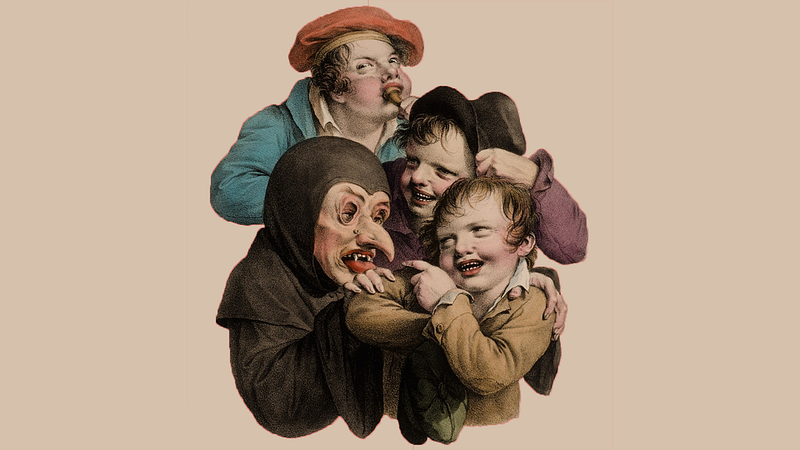
A fundamental contrast that sets the stage in Emerson's work is between greatness and meanness, or as Nietzsche might phrase it, mediocrity. The essence of Self-Reliance urges us to aspire toward greatness. Emerson highlights historical figures who exemplify this greatness, encouraging us to transcend the inertia of mediocrity and strive for human excellence.
The individuals he references are not just philosophers but also leaders, scientists, and visionaries. Think of figures like Jesus, Socrates, Napoleon, and Newton—great individuals who made an enduring impact on the world, not through mere force but through the strength of their character. They were self-reliant, breaking free from societal constraints to embrace their inner genius. Emerson calls upon us to recognize our potential and join the ranks of the great, instead of succumbing to mediocrity.
# Self vs Society
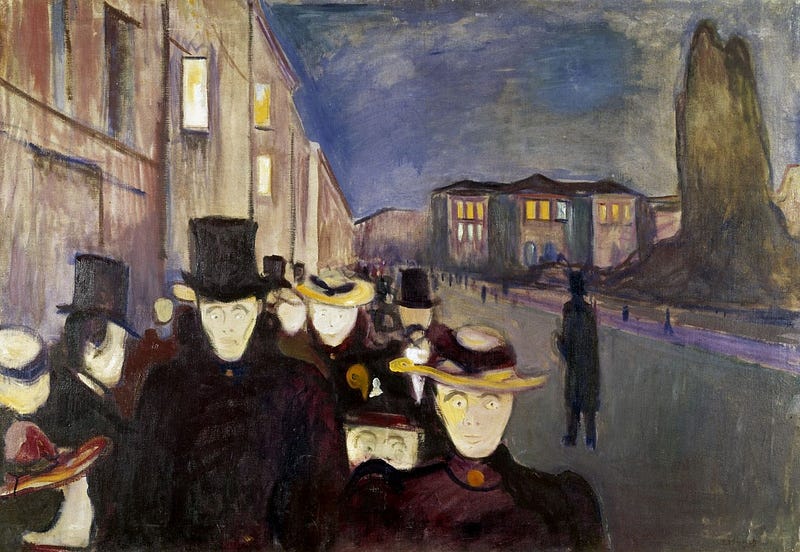
Another crucial binary opposition in Emerson's thought is the contrast between society and the authentic Self, which he describes as the source of genius, virtue, and life itself. This core self, which he refers to as Spontaneity, Instinct, or Intuition, is not about ego or selfishness. Rather, Emerson emphasizes that true self-reliance is rooted in obedience to this inner wisdom.
He asserts that “Who has more obedience than I masters me, though he should not raise his finger.” Thus, following our inner self means allowing its light to shine through us, reminiscent of Jung's concept of the Self—our center of consciousness.
In contrast, society represents everything the authentic self is not. Emerson views society as a detrimental force, stifling individuality and genius. He observes:
> “Society everywhere is in conspiracy against the manhood of every one of its members. Society is a joint-stock company…to surrender the liberty and culture of the eater.”
Under societal influence, we often conform to external expectations, losing our unique voices. Emerson warns that societal pressures can render our virtues impotent, transforming them into mere penances rather than authentic expressions of our spirit.
# The Dead Past and the Eternal Present
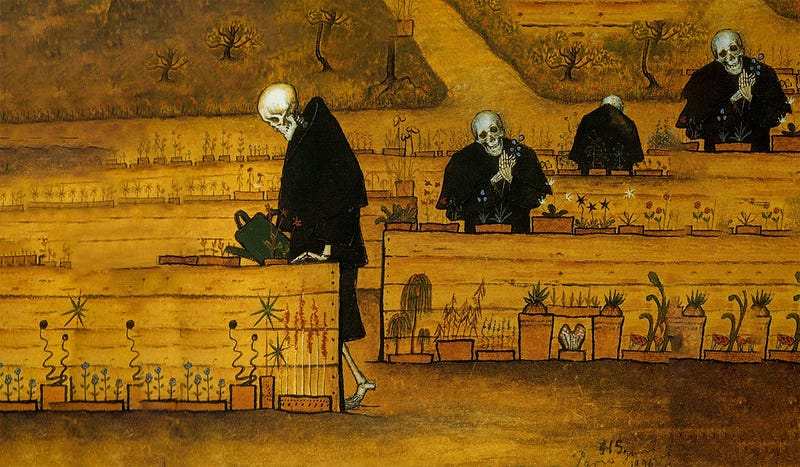
Linked to the self/society dichotomy is the contrast between the past and the present. Society often clings to the past, urging us to respect traditions and the status quo. Emerson, however, reminds us that these legacies are meaningless without our engagement:
> “They all are his, suitors for his notice…The picture waits for my verdict; it is not to command me, but I am to settle its claims to praise.”
Emerson emphasizes that true greatness comes from honoring our inner voice, which can only flourish in the present. He cautions against “foolish consistency,” which can restrict our growth. The divine spirit associated with the authentic self transcends time, urging us to live in the now.
The past is behind us; the present is where life unfolds:
> “This one fact the world hates; that the soul becomes; for that forever degrades the past.”
Thus, Emerson encourages us to disregard the voices of authority and listen to our inner selves, even if that means appearing inconsistent to others. He uses the metaphor of a ship’s journey, suggesting that genuine actions, though seemingly erratic, ultimately reveal a coherent purpose.
# Self-Reliance vs Conformity
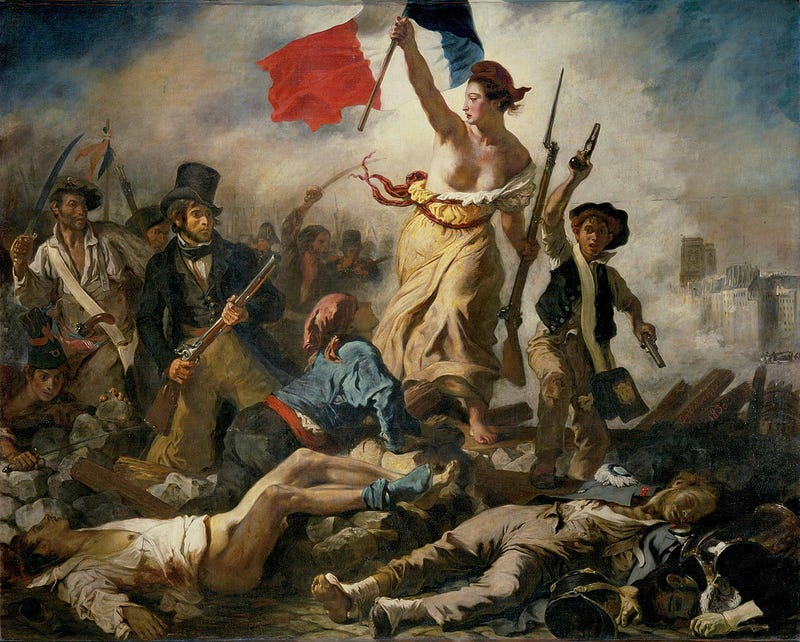
This leads us to the central theme of the essay: Self-Reliance versus Conformity. Emerson asserts that our conformity to societal expectations leads to stagnation, while true self-reliance expresses our authentic nature.
In a memorable anecdote, Emerson recounts a conversation with a friend who questioned his disregard for tradition. He boldly replies:
> “No law can be sacred to me but that of my nature…The only right is what is after my constitution.”
This encapsulates the essence of self-reliance—prioritizing personal truth over societal dictates. It is about remaining true to our principles and valuing truth above all else.
In our modern society, Emerson observes that we often fear truth, fortune, and even one another. Yet, the truly great individuals embrace life’s challenges and face each day with courage.
Emerson urges us to dive into our “internal ocean” rather than seek validation from society. In conclusion, Self-Reliance is a clarion call for us to embrace our true potential, live courageously, and honor our deepest nature, free from the constraints of societal expectations.